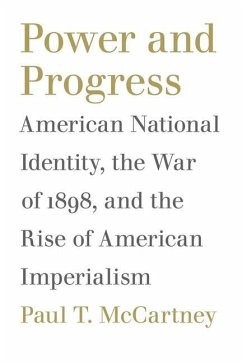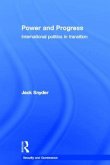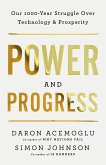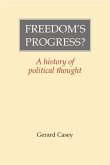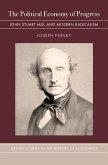In Power and Progress, Paul T. McCartney presents a provocative case study of the Spanish-American War, exposing newfound dimensions of the relationship between American nationalism and U.S. foreign policy. Two significant but distinct foreign-policy issues are at the center of McCartney's analysis: the declaration of war against Spain in 1898 and the annexation of the Philippine Islands as part of the war's peace treaty. According to McCartney, Americans were very explicitly and self-consciously expanding their nation's sense of mission in making these two foreign-policy decisions. They drew upon a cultural identity forged from racist, religious, and liberal-democratic characteristics to guide the United States into the uncharted waters of international prominence. What America did abroad they emphatically framed in terms of what they believed America to be. Foreign policy, McCartney argues, provided a concrete focus for this sense of mission on the world stage and played a marked role in shaping the contours and substance of American nationalism itself. Power and Progress provides the first intensive look at how the idea of American mission has influenced the conduct of U.S. foreign policy, lending fresh insight into a transformative moment in the development of both U.S. foreign policy and national identity. In contributes measurably to our understanding of the cultural sources of American foreign policy and thus serves as a partial corrective to studies that overemphasize economic motives.

